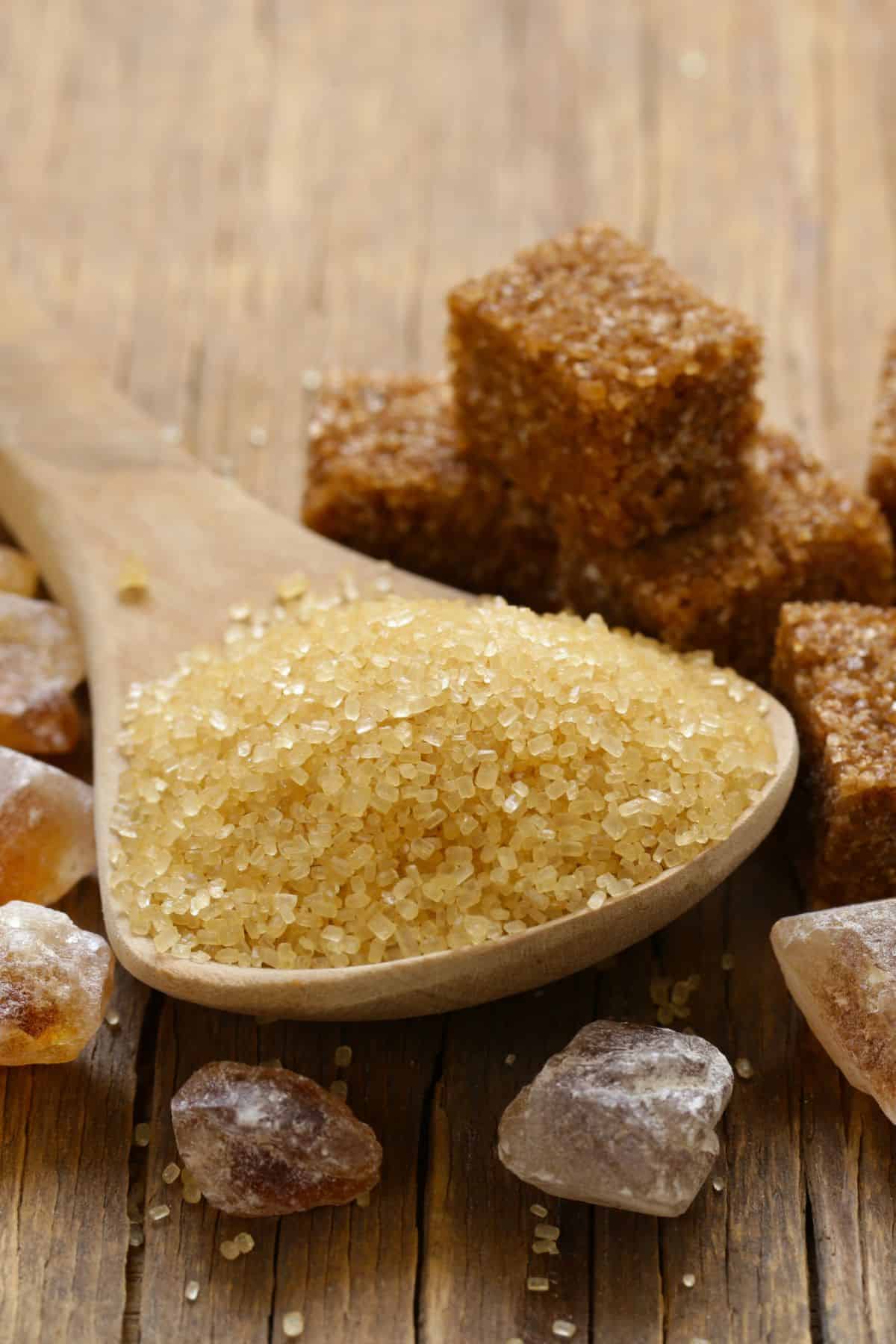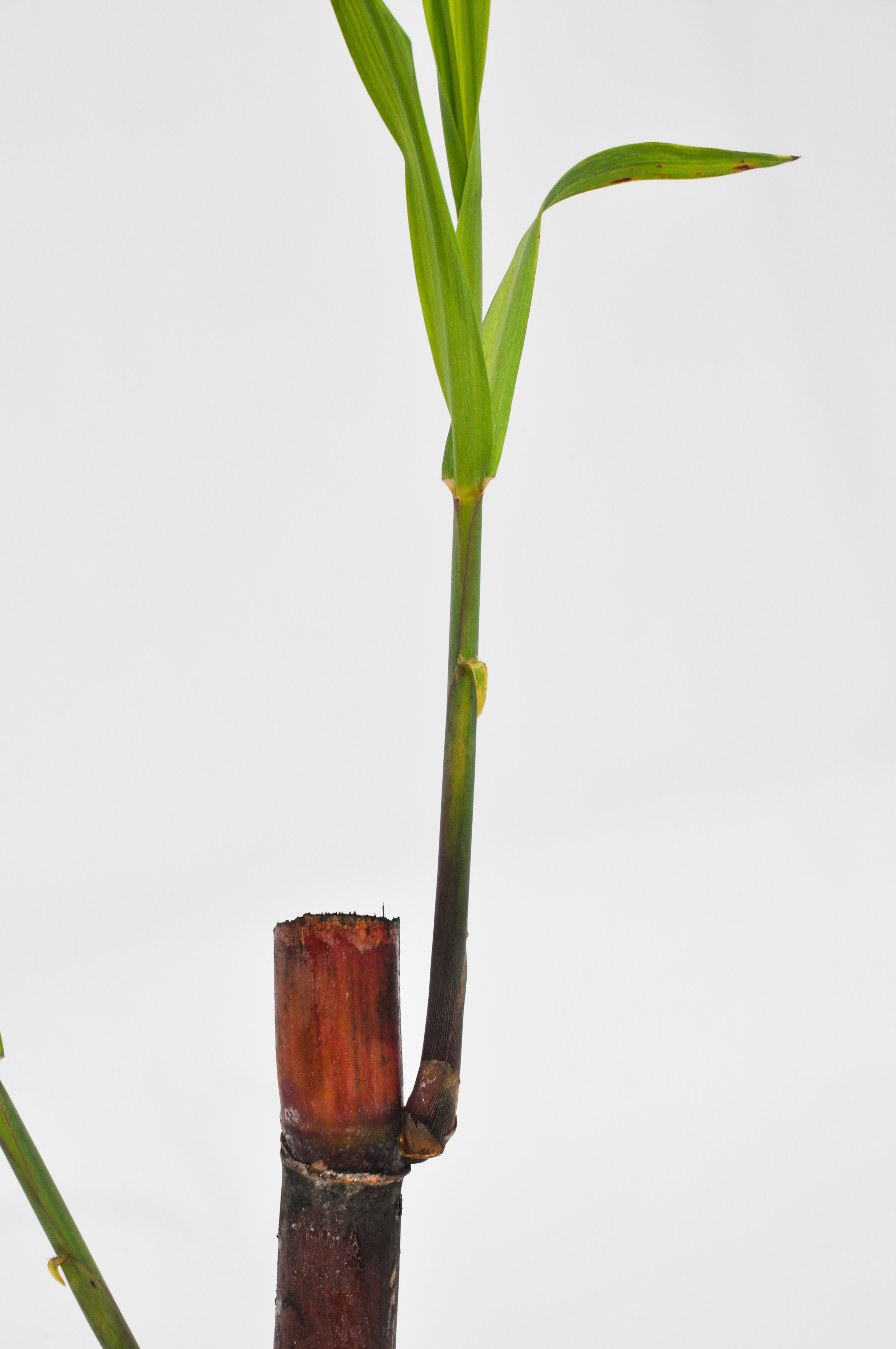How Sugar and Cane Affect Your Taste Buds and Cooking Experience
How Sugar and Cane Affect Your Taste Buds and Cooking Experience
Blog Article
Why Walking Cane Sugar Processing Chemicals Are Crucial for Modern Sugar Refining
The function of cane sugar handling chemicals in contemporary sugar refining can not be overemphasized, as they are important to improving both the efficiency of removal and the overall quality of the last product. Representatives such as phosphoric acid and certain flocculants are used to get rid of contaminations, resulting in sugar that not just satisfies customer assumptions yet also adheres to sector criteria.
Function of Handling Chemicals
The efficiency of walking cane sugar handling hinges considerably on the tactical application of handling chemicals. These chemicals play an essential duty in improving the performance and high quality of sugar extraction and refining. From the preliminary phases of juice extraction to the last purification steps, handling chemicals facilitate numerous crucial procedures.
In the extraction phase, chemicals such as phosphoric acid and calcium hydroxide are used to maximize the explanation process, aiding to remove impurities and suspended solids from the cane juice. This not just boosts the yield however likewise makes certain the quality of the last item. Furthermore, agents like flocculants aid in the rapid settling of pollutants, thereby improving the total procedure.
As the processing developments, chemicals are used in decolorization and condensation stages. Turned on carbon and ion exchange materials serve to remove color and smell, ensuring that the refined sugar satisfies consumer quality criteria. Eventually, the role of processing chemicals expands beyond operational performance; they dramatically influence the sensory features of the final product, contributing to market competition. Thus, the precise option and application of these chemicals are vital for accomplishing optimal results in walking cane sugar handling.
Secret Kinds Of Chemicals
Walking cane sugar processing counts on a selection of key chemicals that assist in each phase of manufacturing. These chemicals play crucial roles in making clear, bleaching, and purifying the sugar drawn out from cane.
One main group of chemicals consists of flocculants, such as polyacrylamide, which aid in the information process by promoting the gathering and settling of impurities. Additionally, calcium hydroxide is typically used to counteract acidity and help in the elimination of non-sugar elements.
Whitening agents, such as activated carbon and sulfur dioxide, are made use of to decolorize the syrup, leading to a clearer end product. These chemicals aid remove color compounds that might affect the sugar's look and bankability.
Furthermore, phosphoric acid acts as a pH regulator during the processing phases, ensuring ideal problems for the chemical tasks associated with sugar extraction and purification.
Various other crucial representatives include edta (ethylenediaminetetraacetic acid), which chelates steel ions that could militarize undesirable responses, and sodium hydroxide, which helps in pH control throughout the refining process. Jointly, these chemicals improve performance and ensure a premium walking stick sugar item.
Benefits for Sugar High Quality
Frequently ignored, making use of details processing chemicals dramatically improves the overall quality of cane sugar. These chemicals play a pivotal function in refining procedures, making sure that the end product meets strict industry standards for pureness and preference.

Furthermore, refining chemicals help in attaining a consistent granulation and structure, which are essential for consumer acceptance. By regulating the formation procedure, these chemicals make sure that the sugar crystals develop uniformly, leading to an extra attractive item that liquifies well in various applications.
Furthermore, the usage of these chemicals can boost the rack life of walking stick sugar by lessening moisture absorption and microbial growth. Overall, the tactical application of handling chemicals is essential for supplying top notch cane sugar that meets consumer expectations and industry demands.
Ecological Impact Considerations

In addition, the energy-intensive nature of sugar refining, intensified by chemical usage, typically results in enhanced carbon discharges. This adds to climate change and elevates problems regarding the sustainability of present refining techniques. Furthermore, the sourcing of these chemicals might entail techniques that intimidate biodiversity, such as monoculture farming, which minimizes the durability of agricultural communities.

To mitigate these influences, sugar refiners are significantly exploring sustainable options and embracing best practices that decrease check my site chemical use. Carrying out rigorous environmental management systems can help guarantee that the refining procedure straightens with environmental standards and advertises biodiversity. Ultimately, a well balanced approach that focuses on both sugar quality and environmental stewardship is vital for the lasting feasibility of the sugar sector.
Future Patterns in Refining
As the sugar market comes to grips with the environmental obstacles connected with typical refining methods, innovative methods are arising to enhance both effectiveness and sustainability. One substantial trend is the adoption of eco-friendly chemistry principles, which focus on making use of non-toxic, biodegradable processing chemicals. This More hints change not just minimizes ecological impact however also addresses customer demand for cleaner production techniques.
One more promising growth is the implementation of sophisticated filtering technologies, such as membrane separation and adsorption procedures. These techniques boost the quality and top quality of the sugar while minimizing the quantity of wastewater generated throughout refining. In addition, the assimilation of digital technologies, consisting of IoT and AI, is transforming functional performance by making it possible for real-time monitoring and predictive upkeep, therefore reducing resource waste.
In addition, using byproducts from sugar refining, such as bagasse and molasses, is obtaining grip. These materials can be transformed into biofuels or value-added items, adding to a round economy within the sector. Jointly, these fads indicate a change in the direction of more sustainable techniques that not only improve functional effectiveness yet also align with global sustainability objectives, making sure the future stability of sugar refining.
Final Thought
Walking stick sugar handling chemicals are essential in contemporary sugar refining, significantly enhancing the performance and high quality of sugar extraction. The calculated usage of these chemicals not just improves the my company purity and taste of the end product yet also makes sure regular condensation and texture. As the industry increasingly prioritizes sustainability, the adoption of environmentally-friendly handling agents is most likely to form future patterns in refining, eventually causing higher quality products and extended service life for customers.

Inevitably, a balanced method that focuses on both sugar quality and ecological stewardship is crucial for the lasting stability of the sugar industry.
Cane sugar processing chemicals are vital in modern-day sugar refining, dramatically enhancing the efficiency and high quality of sugar extraction.
Report this page